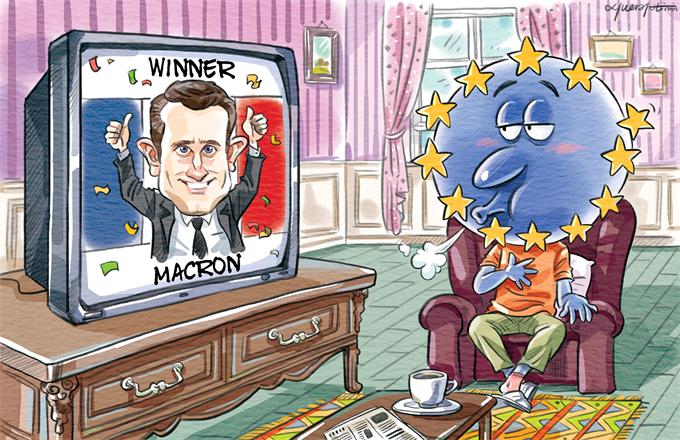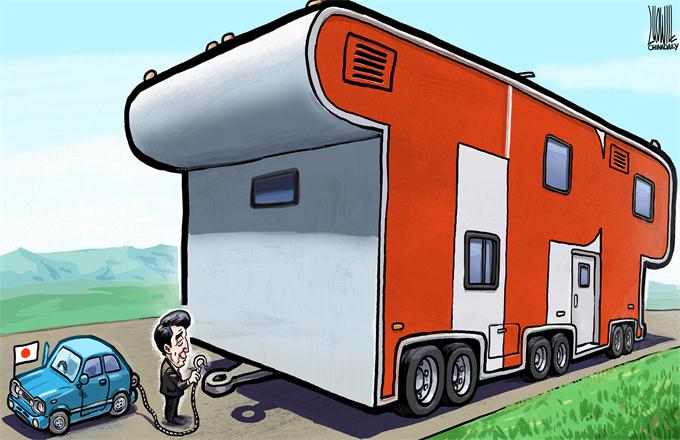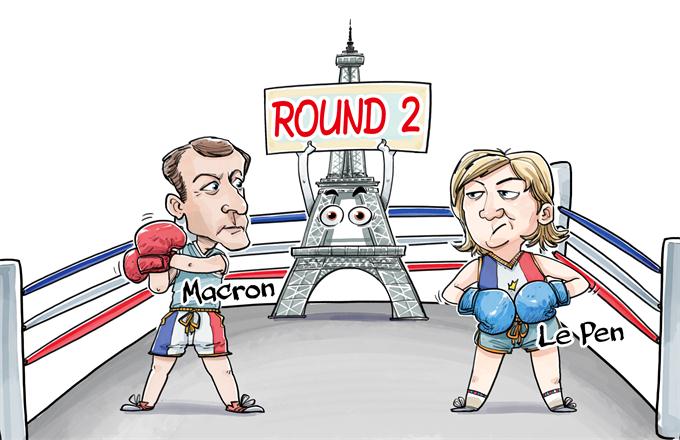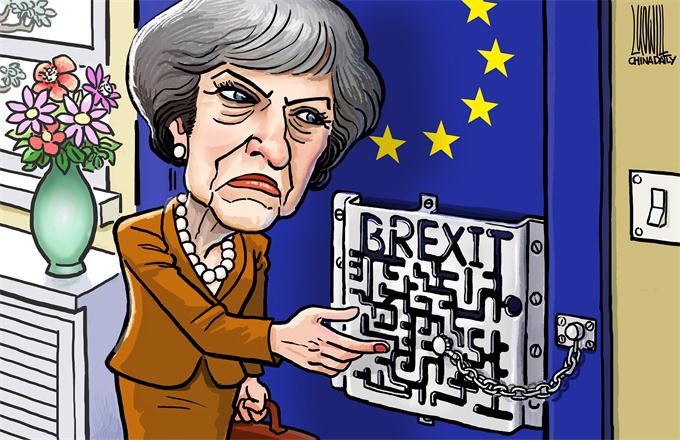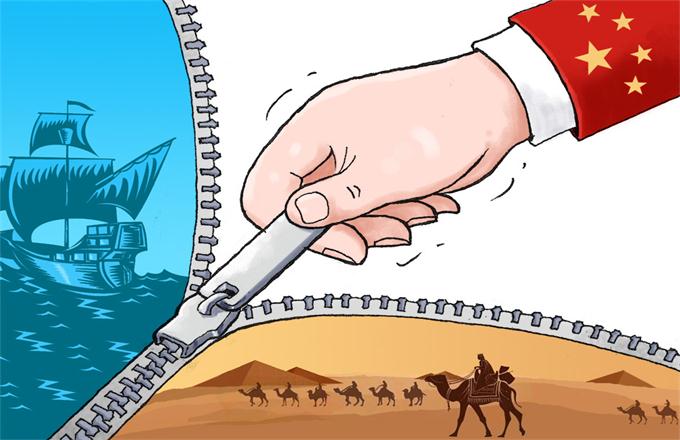Interacting with Europe
Premier Li Keqiang's trip to Switzerland and Germany has had eye-catching results and sent a strong signal to the outside world that China is sincere about more meaningful interaction with Europe at large.
During Li's visit to Switzerland, the two countries signed a series of bilateral agreements on human resources, education and other sectors. It is noteworthy that Li also concluded a historic free trade agreement between Beijing and Bern, which will benefit both nations and bring the world's second-largest economy even closer to Europe.
That China has secured an FTA with a continental European country for the first time marks a significant achievement in the acceleration of its FTA strategy. The move was highly valued in the Alpine country too, with local media hailing it as the most important international agreement Bern has entered into for years.
Li continued to reap fruit when he visited Germany over the weekend. In a joint statement issued on Sunday, the two countries pledged to deepen political mutual trust and promote the stable development of bilateral relations. They have decided to implement their urbanization partnership and further enhance bilateral cooperation in such areas as agriculture, forestry, consumer protection, food safety and eco-labeling.
To further cement their partnership, a new round of intergovernmental consultations will be held in Germany in 2014. The mechanism, comprising dozens of dialogue and communication channels, represents the highest level of its kind between China and the West.
All these initiatives will give fresh impetus to interaction between China and Germany and bring bilateral ties to an even higher level. The China-Germany relationship is widely perceived to be in its best shape ever, and their practical cooperation has set an example for China-West interaction.
Given the clout of Switzerland and Germany in Europe, Li's visits to these two countries also embody China's new leadership's commitment to engaging in an all-round way with the European Union and the continent at large.
Considering the debt-ridden continent is still trying to get back on its feet while the world economy is reeling from alarming uncertainties, this is certainly good news to all. By joining hands, China and Europe can not only galvanize their own growth, but contribute more to world economic development.
For the moment, both sides should show political wisdom and properly handle their differences and trade disputes. The EU should resist the temptation of protectionist measures, and work with China to advocate free trade and oppose protectionism in all its forms.
(China Daily 05/28/2013 page9)




